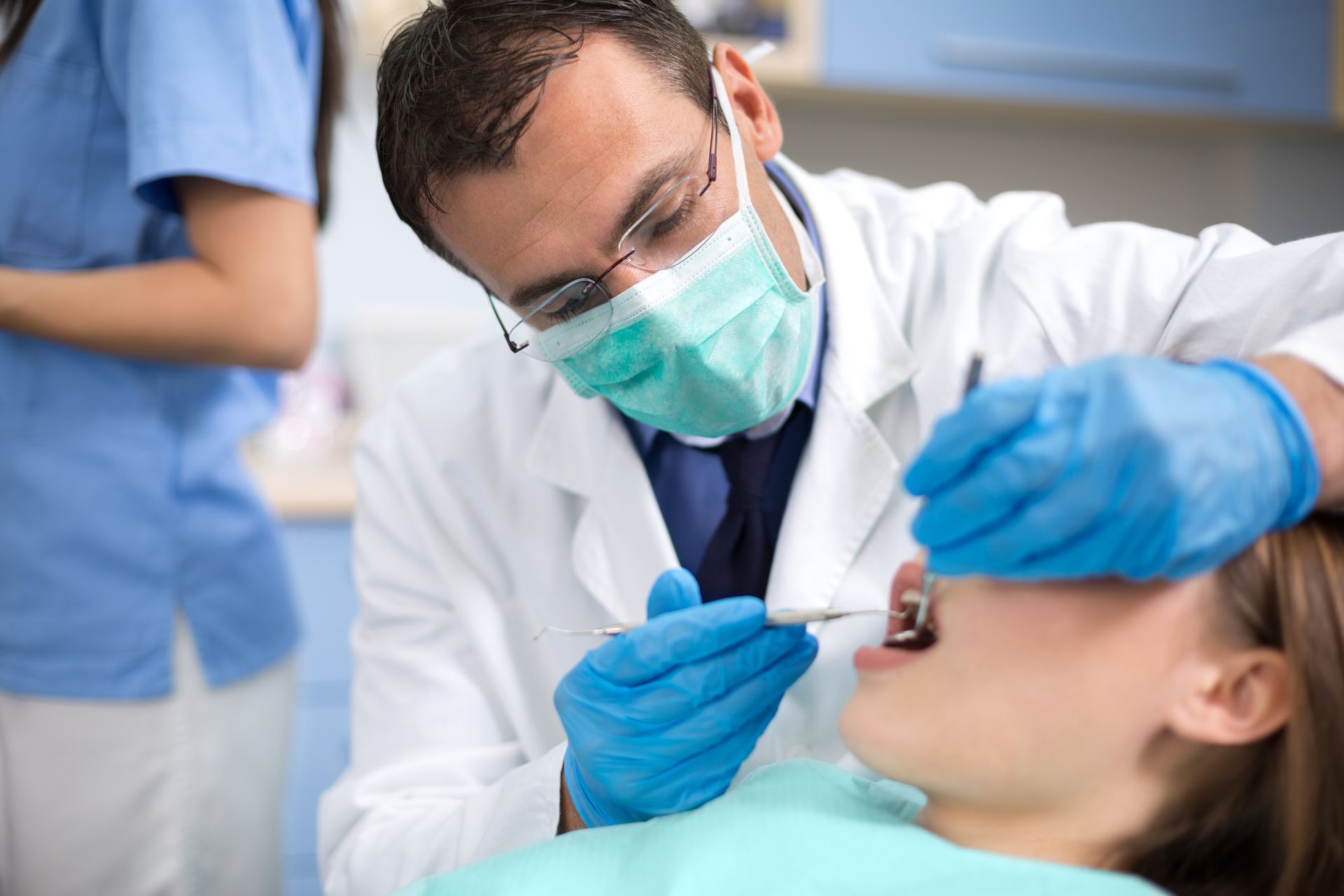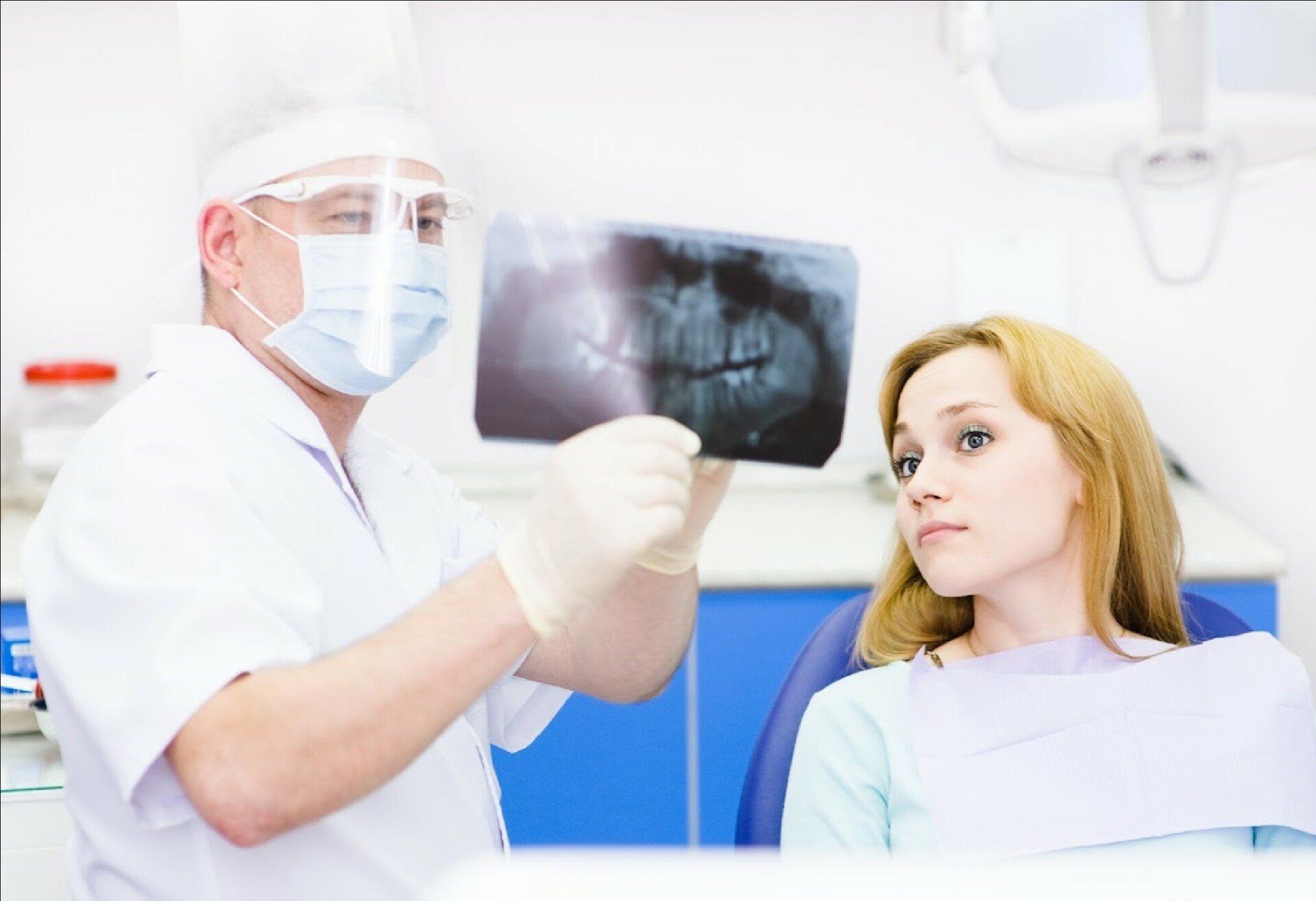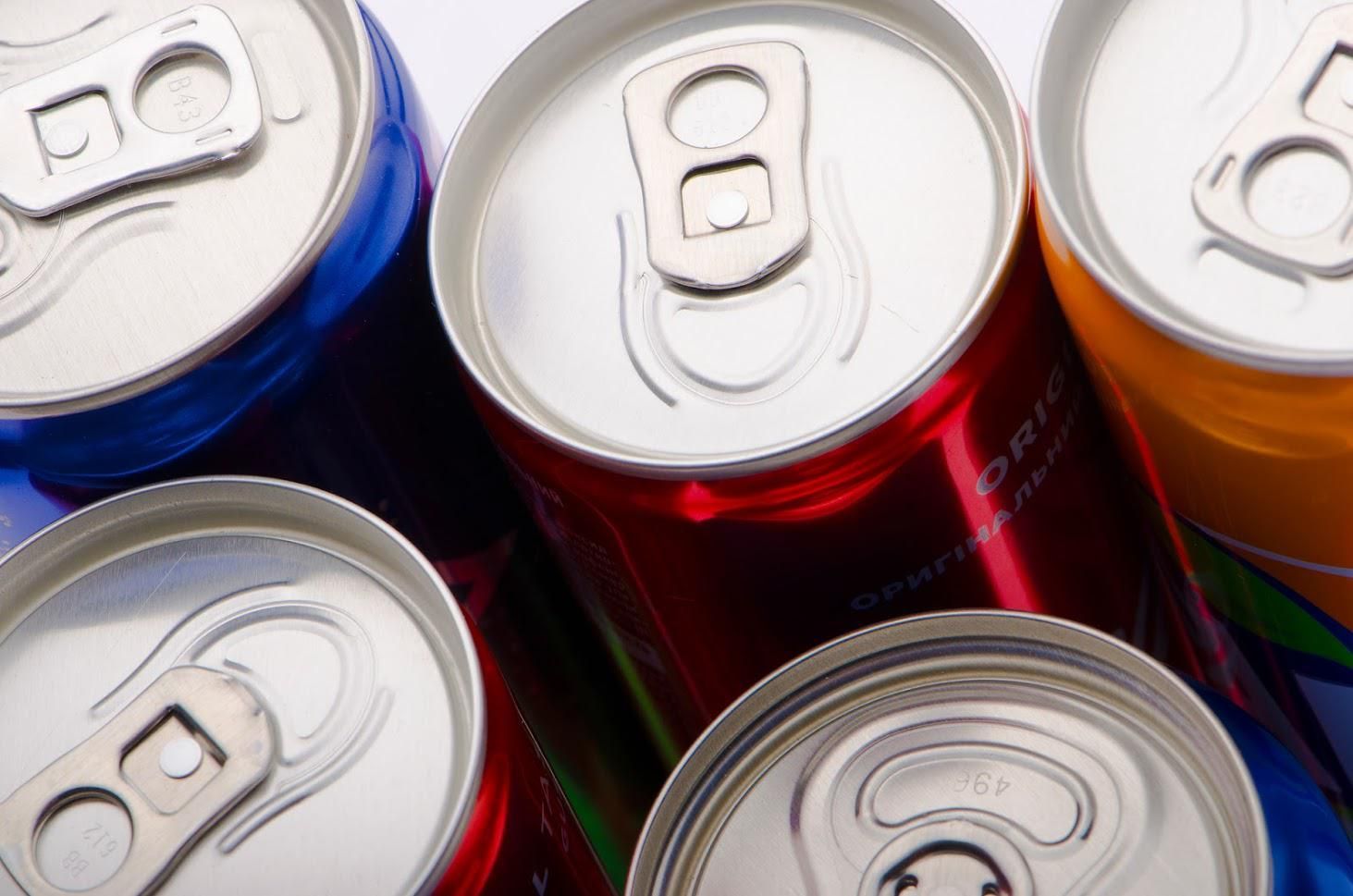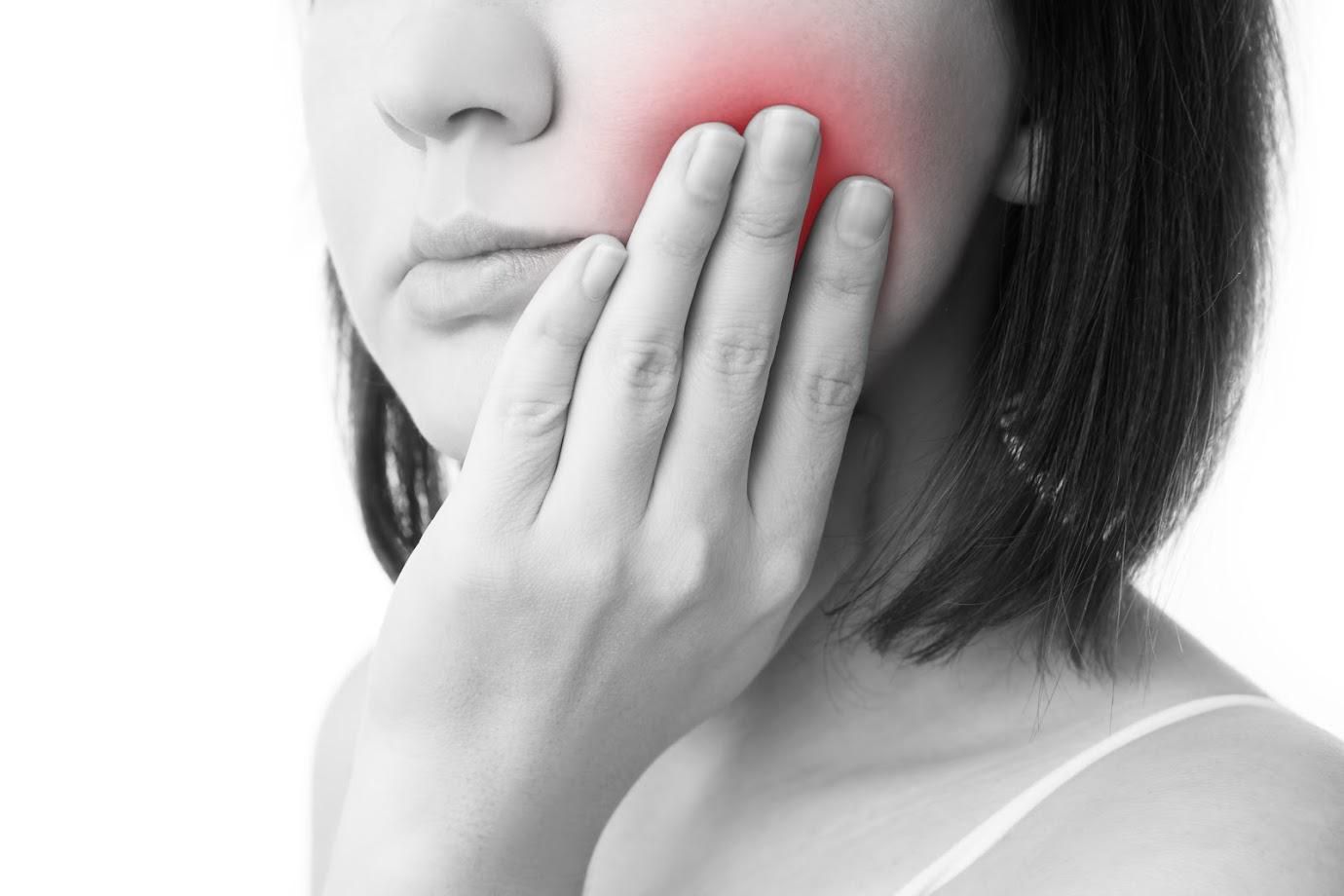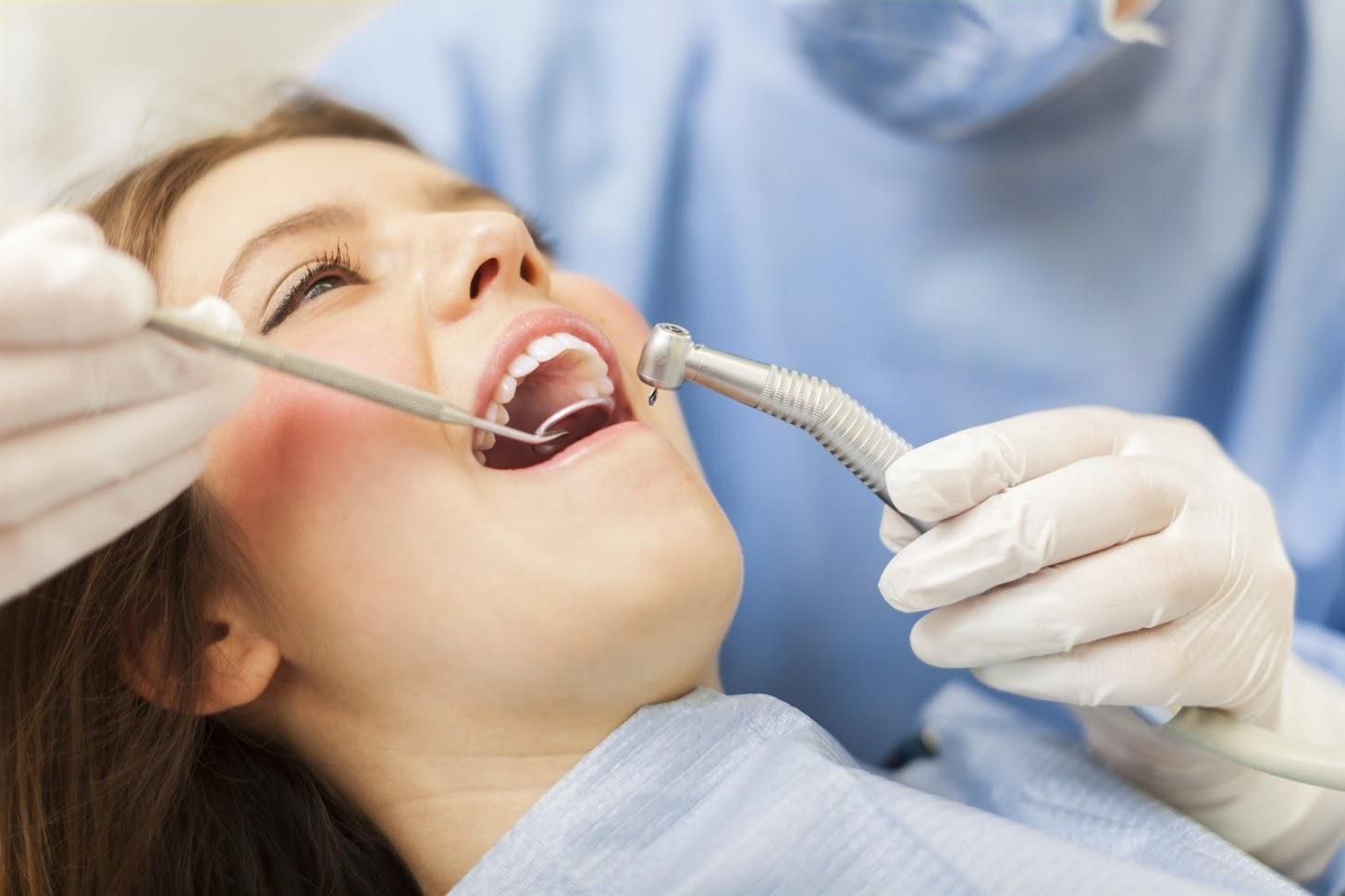Understanding Oral Tissue Injuries
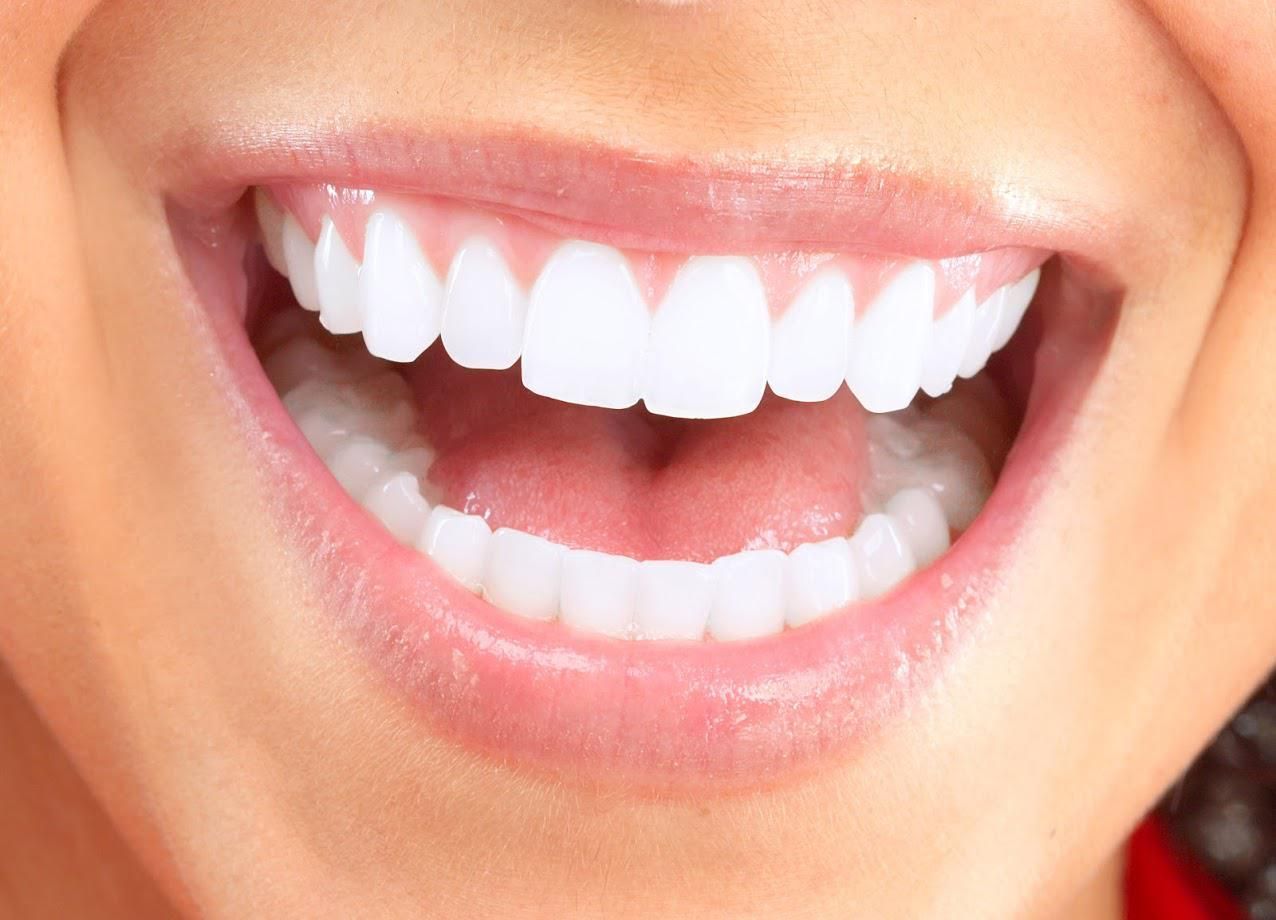
Mouth pain and other unpleasant symptoms can stem from a number of possible problems, from gingivitis to jaw infections. Many cases, however, involve direct injury to the sensitive tissues of the gums and oral cavity. This kind of damage can make chewing and other everyday functions uncomfortable or impossible.
Anxiety over a painful condition can actually make your perceived pain level worse. By contrast, the better you understand your oral tissue injury, from causes and symptoms to the prevention of future damage, the more easily you can get through it. Here are some key facts to consider.
Symptoms of Oral Tissue Injuries
The mouth's soft tissues, collectively known as the oral mucosa, cover the lips, gums, soft and hard palate, cheeks, and floor of the mouth. These tissues enable functions that range from salivation and disease protection to pain detection. The oral mucosa has a rich nerve supply that alerts you to potential dangers such as extreme heat or a sharp object.
For better or worse, these nerve receptors also react to acute oral tissue damage. When your oral tissues have become damaged, you can experience sharp pain whenever you expose them to food, drink, or tongue pressure. Even sucking on a straw can pull on injured tissues and cause pain.
Injured oral tissues may also swell up as the body mounts an inflammatory reaction to the damage, especially if the injury opens the door to bacterial infection. A cut lip or other structure will swell due to internal bleeding. You may also find yourself tasting or spitting blood from a cut or scrape inside your mouth.
Causes of Oral Tissue Injuries
A variety of accidents can cause acute oral tissue injuries. An impact to the face can split your lip or knock teeth loose from gum tissue. These kinds of traumatic injuries may involve bone fractures as well as soft tissue damage and thus merit a trip to the emergency room.
Some oral tissue injuries feel more severe than they actually are. Overly vigorous brushing or an encounter with the sharp edge of a potato chip can scratch your gums or oral cavity, which can cause mild but irritating injuries. People who have bony overgrowths called torus palatinus beneath their gums or palate may experience this problem frequently, as the thin skin over the growth sustains damage easily.
Braces can make you vulnerable to oral tissue injuries. If metal brackets and other hardware rubs against the cheek walls, for instance, they can cause small, painful cuts. A broken bracket or wire can jab its way directly into the tissue. These injuries may bleed excessively due to the many small blood vessels in the oral mucosa.
Remedies for Oral Tissue Injuries
Fortunately, you can treat most minor oral tissue injuries at home through over-the-counter remedies. If you suffer from swollen, painful gums, try swishing warm salt water in your mouth a few times a day. The saltwater not only eases pain and reduces swelling, but it also offers a degree of antibacterial protection. Bear in mind, however, that salt will aggravate an open wound.
A bruised or cut lip should respond to over-the-counter anti-inflammatory medications and cold packs. A large cut or gash, however, may call for medical attention, which might include stitches to close the wound.
You'll find many brands of oral numbing gels that contain a local anesthetic known as benzocaine. These products may provide temporary relief from oral tissue pain. Take care, however, to read the label carefully and pay attention to any warning about possible interactions or complications. For instance, children under 2 years of age and pregnant women should not use oral numbing gels.
Prevention of Oral Tissue Injuries
Prevention of future oral tissue injuries hinges largely on your everyday behaviors. Eat sharp-edged foods slowly and carefully, and watch out for things like popcorn hulls that can stab your oral mucosa. Wear proper head or mouth protection when you play sports. Learn how to brush your gums with gentle pressure and use a brush tipped with extra-soft bristles.
Dental care can also help prevent some forms of mouth injury. Examples include repair or adjustment to braces and procedures to reduce torus palatinus. Contact
Jeffrey L. Erwin DDS to learn more about your options.

